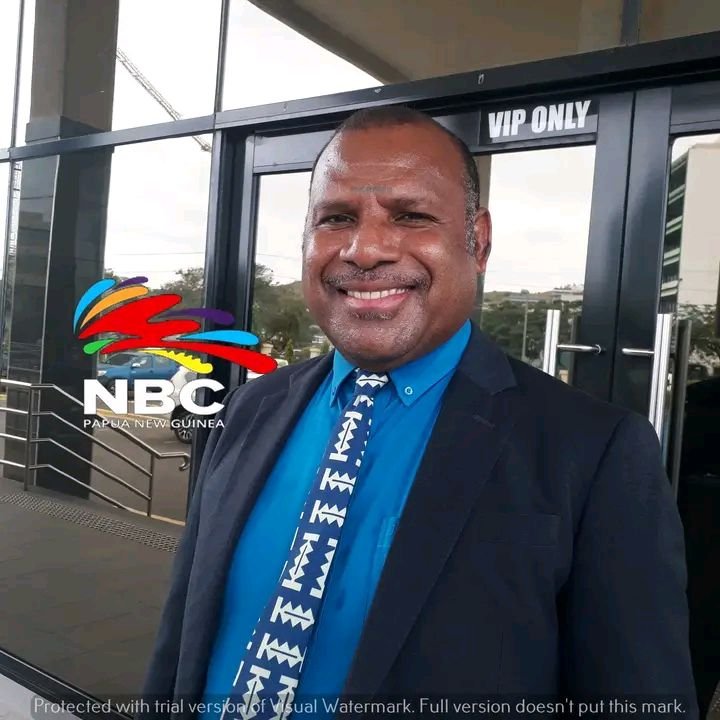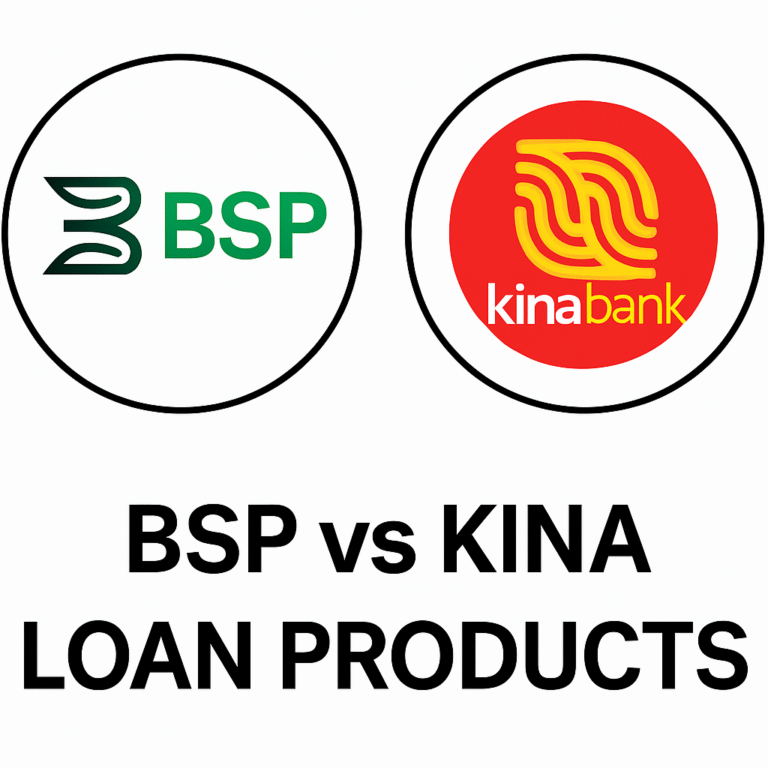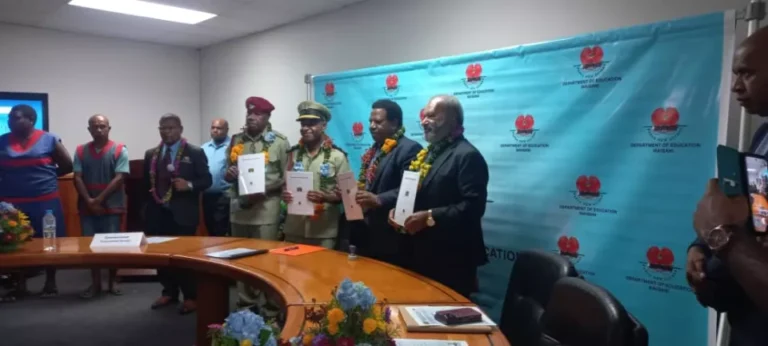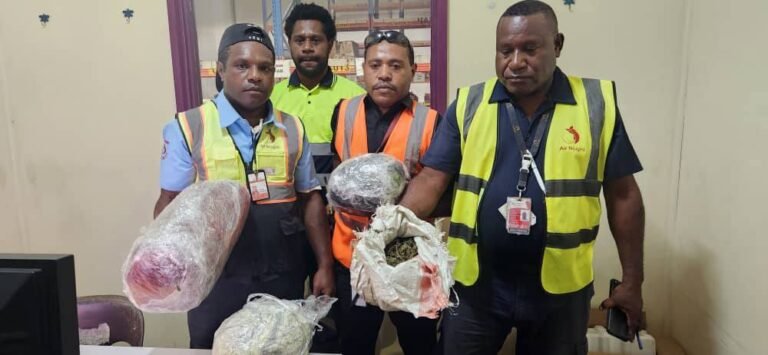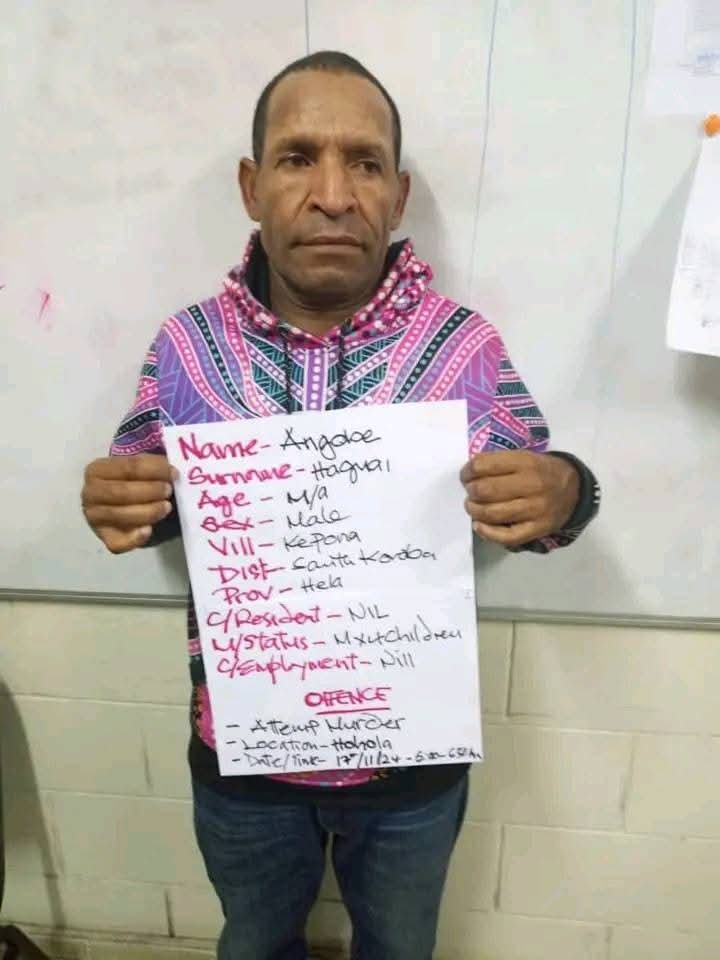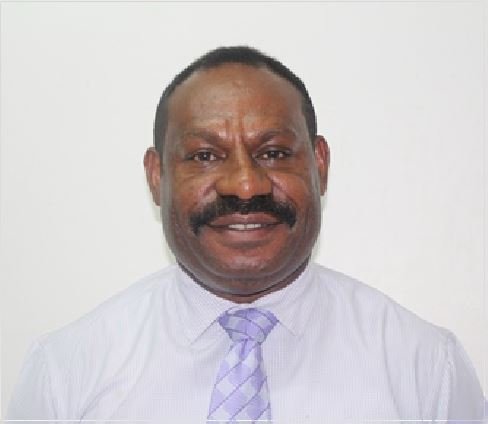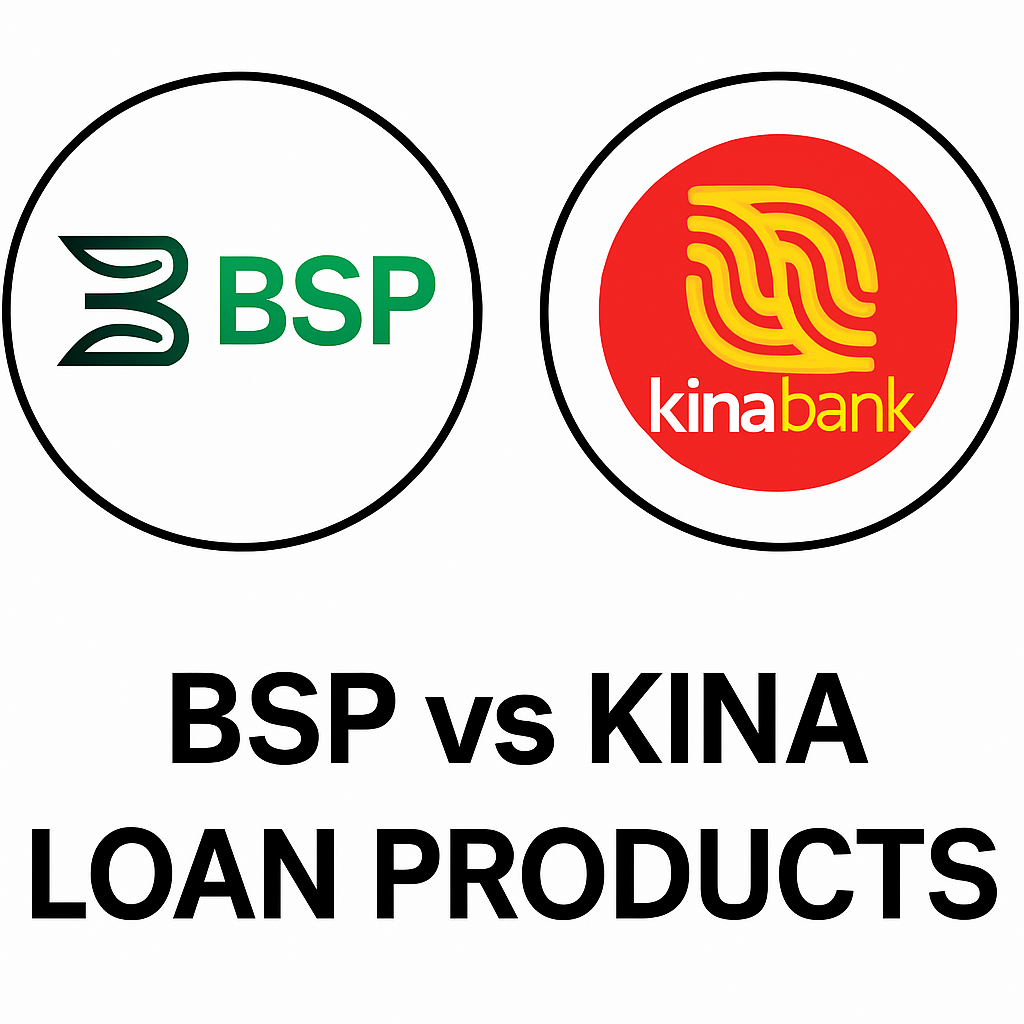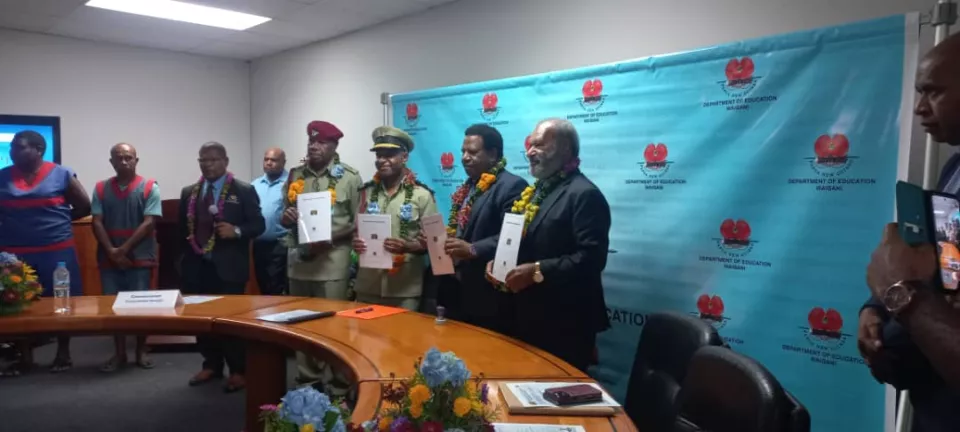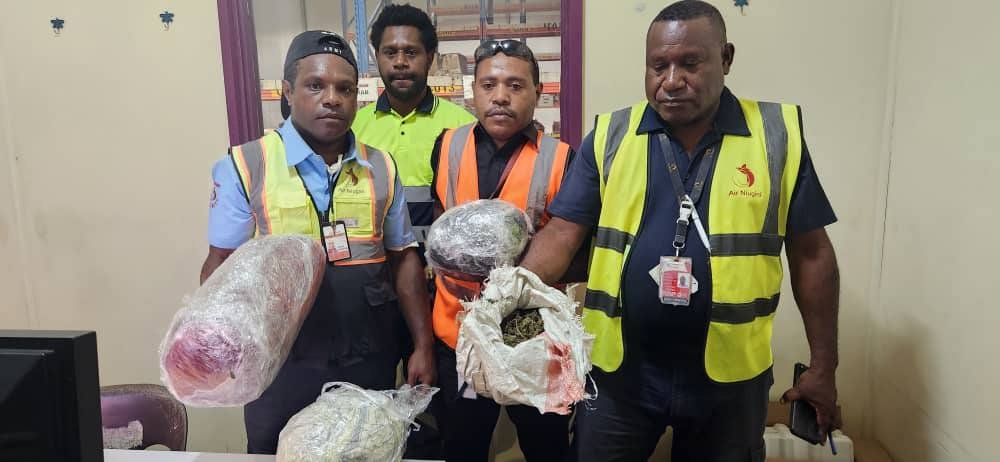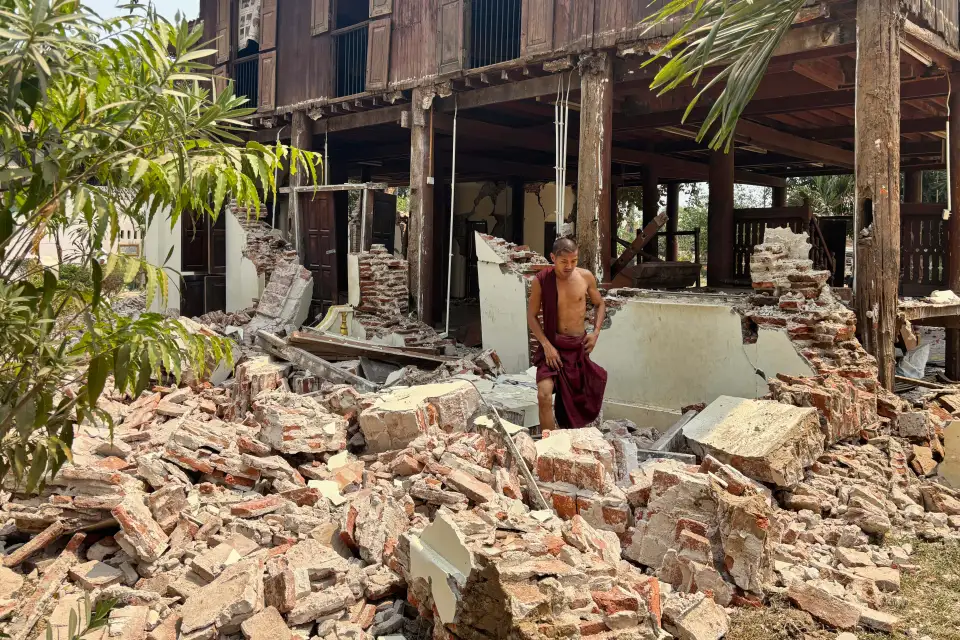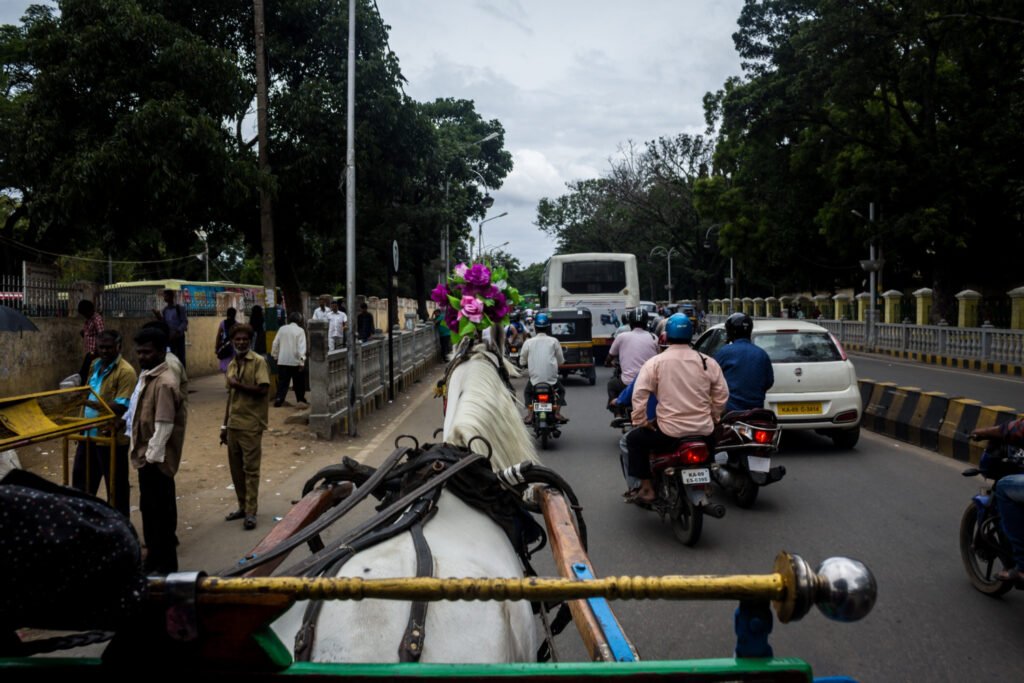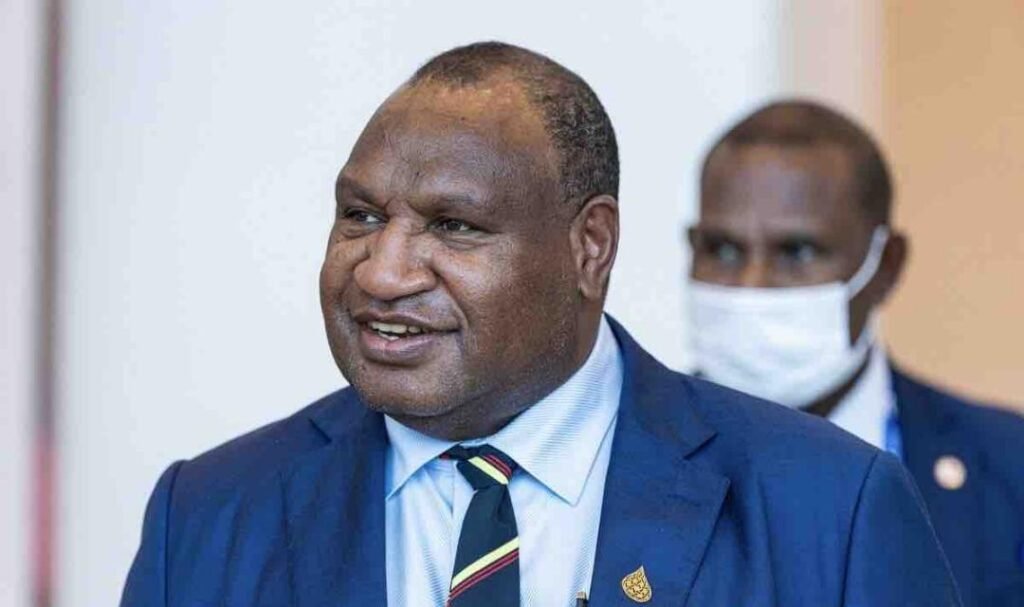A quiet revolution is unfolding in rural Papua New Guinea. With Starlink’s satellite internet coverage now live in Bougainville and set for nationwide reach by the end of 2025, entrepreneurs in remote villages are finally getting access to something many urban centers have long taken for granted: fast, reliable internet.
And with it comes a new digital economy—one powered by local talent, small businesses, and online opportunity.
A Signal of Change for Rural SMEs
From digital marketplaces to mobile banking and virtual trainings, the arrival of high-speed internet is reshaping how small and medium enterprises (SMEs) operate in remote PNG.
“Before Starlink, I had to travel hours just to check my emails,” said Mary Koari, who runs a craft business in central Bougainville. “Now I sell bilums on Facebook and TikTok right from my home.”
Stories like Mary’s are becoming common as young entrepreneurs launch e-commerce ventures, accept digital payments, and connect with suppliers—thanks to the Starlink network’s low-latency and wide coverage.
Bougainville Leads the Way
As the pilot region, Bougainville has become a live case study of what rural connectivity can achieve. Small cooperatives are using cloud platforms for inventory management, local tour operators are taking international bookings, and students are accessing online classes without data dropouts.
Local leaders say Starlink’s presence is unlocking real economic participation for remote communities, especially in sectors like agriculture, tourism, and handmade goods.
National Rollout, National Potential
Starlink’s operator SpaceX has confirmed that full national coverage is expected by Q4 of 2025, making it possible for businesses in the Highlands, Sepik, and Gulf provinces to come online like never before.
PNG’s Department of ICT is now working with provincial governments and NGOs to ensure that training and digital literacy programs accompany the rollout. The goal: not just internet access, but internet empowerment.
“We don’t want passive consumers—we want rural innovators,” said David Teme, a digital inclusion advocate.
Challenges Still Exist
Despite the optimism, obstacles remain. Equipment costs for Starlink receivers can be high for solo entrepreneurs, and not all areas have reliable power to support consistent connectivity.
However, cooperative-based models and solar solutions are gaining traction as community-based internet hubs emerge in schools and market centers.
The Bottom Line
For the first time, PNG’s rural SMEs have the tools to go beyond local markets and reach a national—or even global—audience. With Starlink unlocking digital doors, the nation’s entrepreneurs are proving that geography no longer defines opportunity.
As PNG continues to modernize its economy, this connectivity leap may prove to be one of the most transformative investments of the decade.



